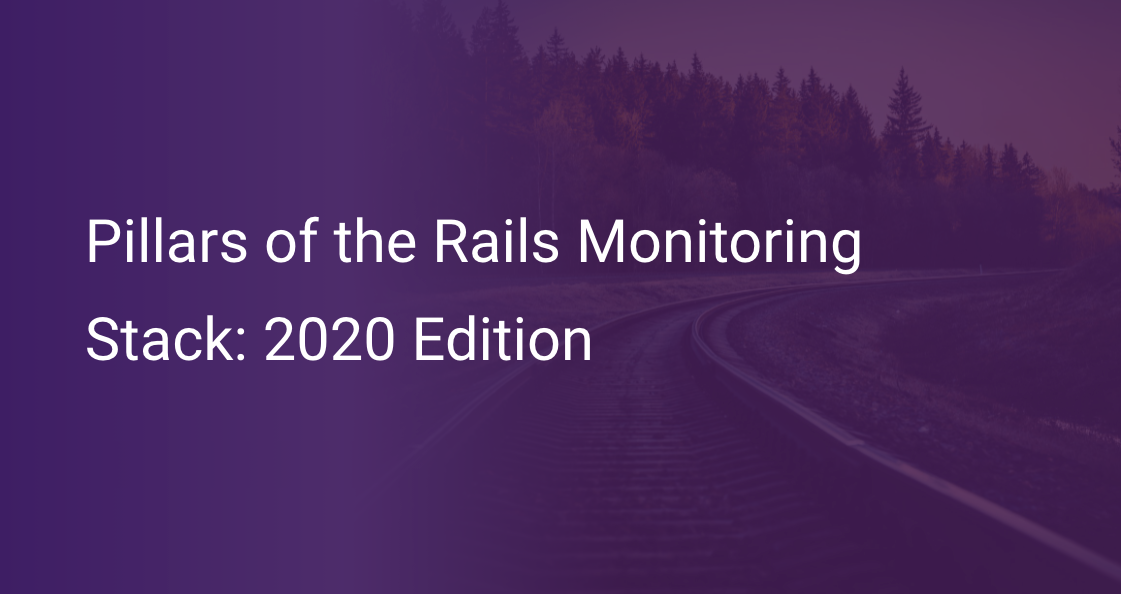 rails
rails
Faster PostgreSQL Searches with Trigrams
There's nothing quite like having a "tool-belt" full of tricks for getting the most performance out of your Rails app. This week, Rails Postgres Guru Greg Navis shares another powerful tip. A few months ago, I was working on a project that had about 100,000 users. Each user could have ... Read more
 rails
rails
A Six-Pronged Rails Performance Philosophy
"An ounce of prevention is worth a pound of cure."• Benjamin Franklin Application performance problems can be annoying. With luck, you'll spend an hour or two resolving the problem and get back to your real job: building things. But what happens when the issues start piling up? What happens ... Read more
 rails
rails
3 pleasantly surprising PostgreSQL Indexing tricks
Most Rails engineers know the basics of database performance. They know that if a query is slow, an index may be the solution. Some know the trade-offs between having and not having an index. Or why an index on a low-cardinality column might not help. But everyone is surprised when ... Read more
 rails
rails
Rails Performance and the root of all evil
Donald Knuth wrote an often quoted paper in the 70s which is still referenced when talking about performance in web apps today. Premature optimization is the root of all evil. In my line of work, it is sometimes invoked as a sort of apology; an excuse for why more time ... Read more
 rails
rails
Monitoring Sidekiq Jobs
Teaser for a soon-to-be released capability: Overview metrics for all your background jobs Chart throughput, latency, error rate, and more. Detailed drill-down on slow jobs See what's making the job slow, identify N+1 queries, and more. Tech preview - want in? Background job monitoring currently supports sidekiq, and is tech ... Read more
 ruby
ruby
Java for Rubyists
The Scout Java Application Monitoring Agent is under active development and we have a few spots open in our alpha program. Email support@scoutapp.com for access. For many Rubyists, Ruby is the first language that they learn and perhaps the only programming language that they know. Ruby provides an excellent gateway ... Read more
 rails
rails
Overhead Benchmarks: New Relic vs. Scout
High monitoring overhead is a silent killer : your app's requests take longer, throughput capacity shrinks, end users requests start stacking up in a request queue, you react by provisioning more servers, and finally, more servers == more $$$. So how does Scout's overhead compare with the competition? To find ... Read more
 rails
rails
State of the 2016 Rails Stack
What's a Rails stacks look like in the wild these days? Most popular Rails version? Most popular Ruby? Is Delayed Job still hanging on? If you're curious about the above, you've come to the right place. We collect gems used on the apps we monitor at Scout to assist with ... Read more
 rails
rails
4 ways to get the most out of your Rails logs
Logging is the lowest common denominator of monitoring - it's low effort and low overhead. You can put ANYTHING into a log file (sans animated GIF memes - save that for Slack). The downside of being a logging addict: logs can quickly become a noisy mess. Digging through logs while ... Read more
 rails
rails
Pillars of the Rails Monitoring Stack: 2020 Edition
Here's a behind-the-scenes rundown of how we ensure our apps are in peak condition in 2020 Read more

